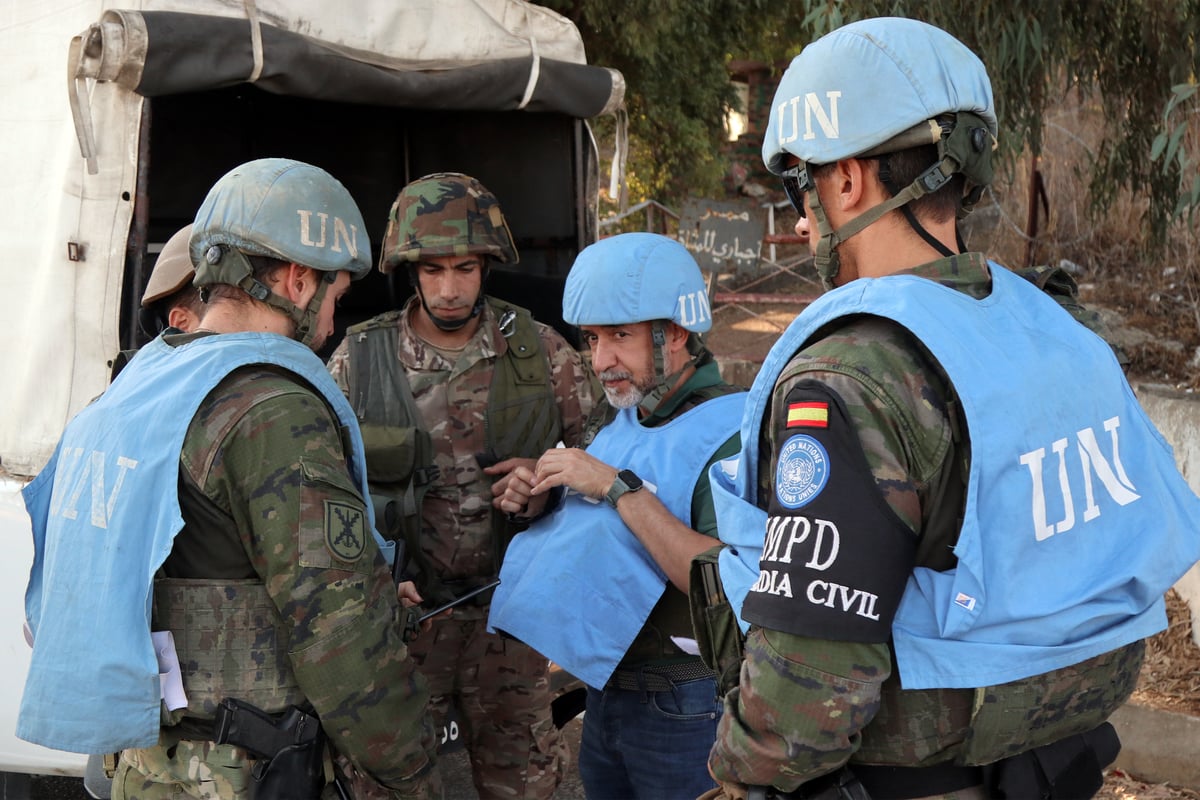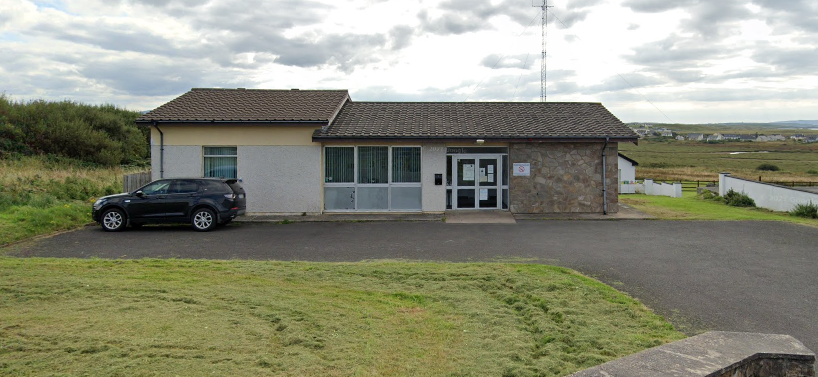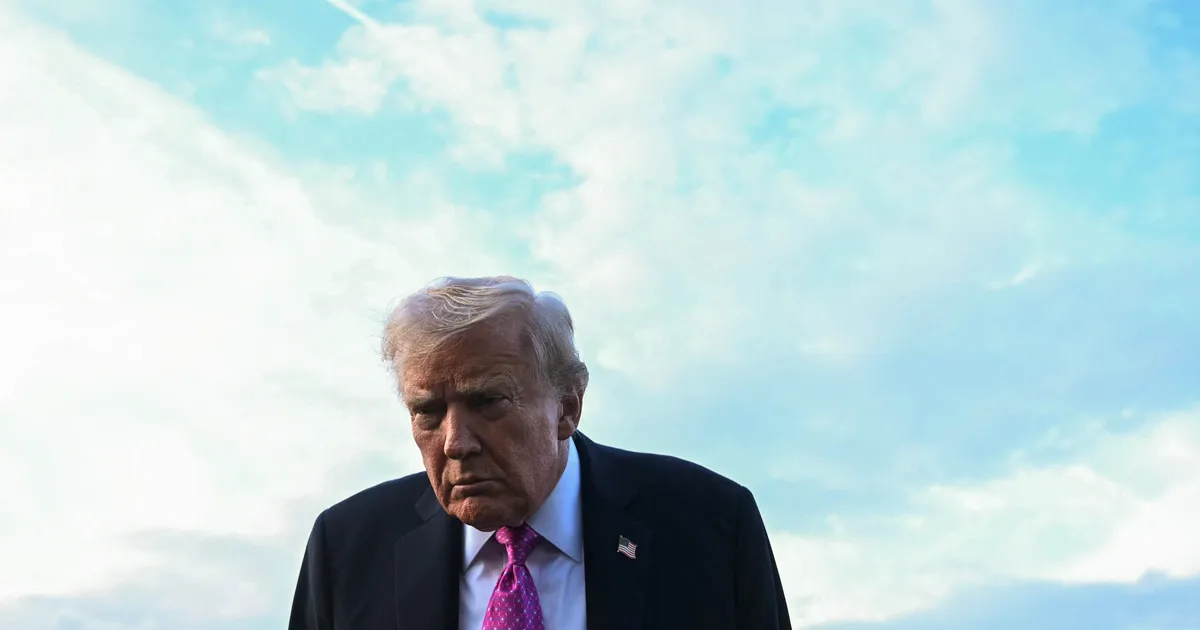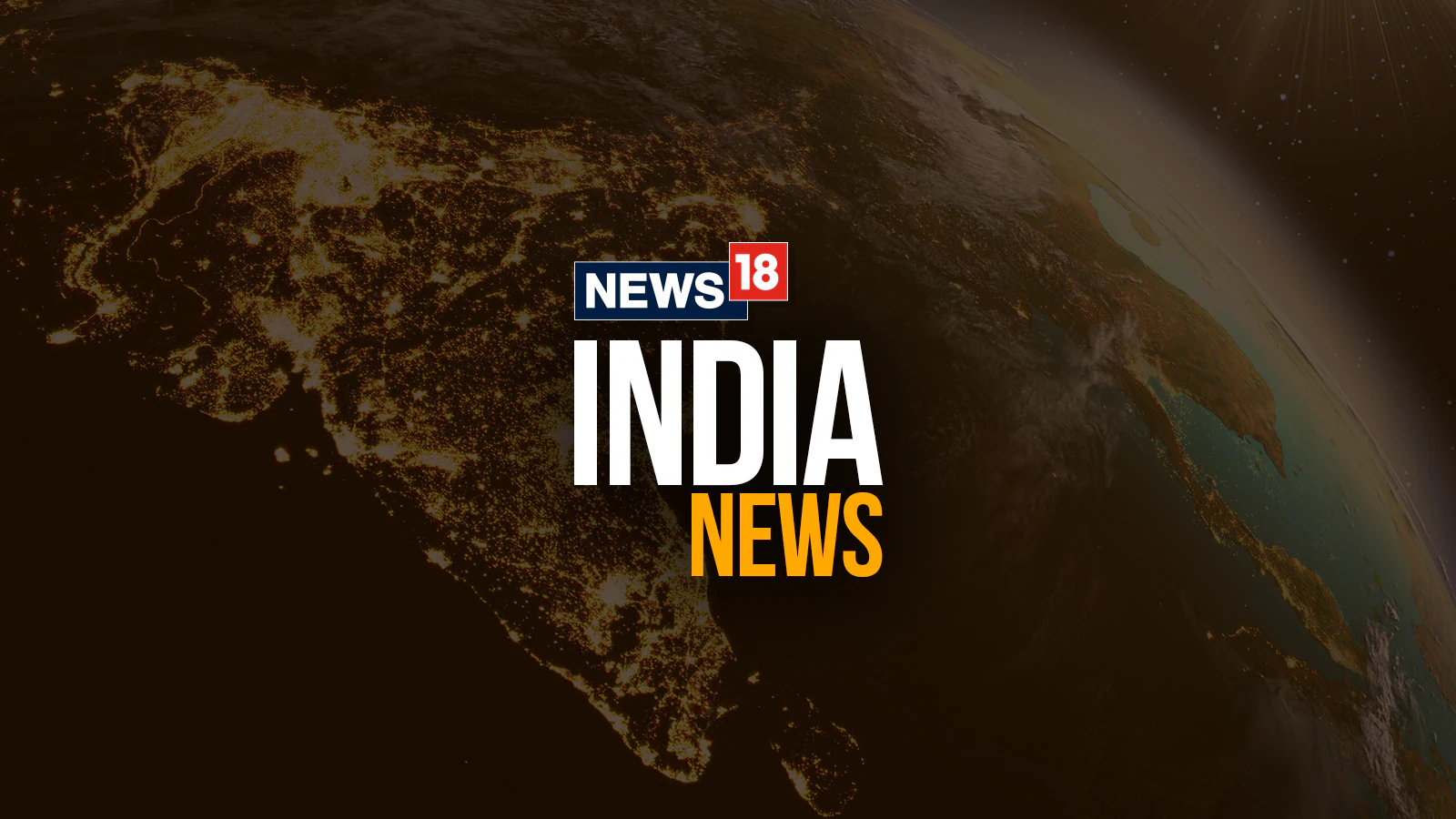By Philip Lymbery
Copyright scotsman

Imagine a world without the United Nations. No global forum for diplomacy, no coordinated response to humanitarian crises, no shared commitment to peace, human rights, or sustainable development. In such a vacuum, chaos would flourish. Conflicts would escalate unchecked, pandemics would spread without unified containment, and climate change would accelerate without collective action. The UN, for all its imperfections, remains the world’s most inclusive platform for dialogue and cooperation. It brings together 193 nations – not always in agreement, but always in conversation. From peacekeeping missions in war-torn regions to feeding millions through the World Food Programme, the UN’s reach is vast and vital. In an era of rising nationalism and geopolitical tension, the UN offers something irreplaceable: a space where nations can negotiate rather than fight, collaborate rather than isolate. It’s the scaffolding of global stability. READ MORE: Readers’ letters: Israel and Saudi Arabia fell for trap set by Hamas Take climate change. The UN’s Intergovernmental Panel on Climate Change (IPCC) provides the scientific backbone for global climate policy. The Paris Agreement, brokered under UN auspices, remains the most significant international effort to curb emissions. Without the UN, there would probably be no agreement. Or consider humanitarian aid. When disaster strikes – be it earthquake, famine, or war – the UN is often first on the ground. Agencies like Unicef and the UN High Commissioner for Refugees deliver life-saving support to the most vulnerable, regardless of borders. In a fractured world, who else could command such reach and trust? READ MORE: Six reasons why Winston Churchill would have been appalled by Donald Trump What happens at the UN matters at national level. Last year, Scotland took protection for all children to a new level by incorporating the UN Charter on children’s rights into law. Earlier this year, at the UK–EU summit in London, leaders reaffirmed their commitment to the rules-based international order – with the UN at its core. Against a backdrop of geopolitical instability, the UK and EU agreed to deepen cooperation on global security, climate resilience, and human rights. Both parties underscored the UN’s role in promoting peace, sustainable development, and fair trade. READ MORE: My reflections as I feel guilt at leaving Kyiv and Ukraine behind for Scotland The truth is, we need the convening power of the UN now more than ever. The Covid pandemic taught us how interconnected we are globally. We are all in this together: people, animals and the environment. An interdependency championed by the World Health Organisation and other UN agencies under the term, One Health. That convening power has been at the heart of one of the most vital UN initiatives, the Food Systems Summit series – a global effort to reimagine how we produce, consume, and value food. Food systems are at the heart of many of today’s crises. Factory farming, for example, drives animal suffering, wildlife declines, greenhouse gas emissions, and soil exhaustion. Yet, transforming food systems is where some of the most powerful solutions lie. The UN Food Systems Summits provide a platform to accelerate transformation – in alignment with the key principles of feeding people first within planetary boundaries, whilst respecting One Health. As someone deeply committed to compassionate and sustainable food systems, I see these summits as a cornerstone for change. Without the UN, such a coordinated global push would be near impossible. The summit’s ongoing work is not just about food – it’s about survival, justice, and resilience. It reminds us that food is more than a commodity; it’s a connector of people, planet, and possibility. All of us are at risk from growing global crises. Compassion, empathy and collective action have never been needed more. Critics argue that the UN is slow, bureaucratic, and sometimes toothless. But these flaws reflect the complexity of global consensus, not the failure of the institution itself. The UN is not a world government – it’s a mirror showing the world as it is, not as we wish it to be. And yet, it remains our best hope for shaping a brighter future. If the UN didn’t exist, we’d be scrambling to build something like it – urgently. Because the challenges we face today, from climate breakdown to forced migration, demand solutions that transcend borders. The UN isn’t just a relic of post-war idealism; it’s a necessity for our shared future. In a time when global cooperation is under strain, the UN reminds us that dialogue is still possible, that unity is still achievable, and that humanity’s greatest problems require humanity’s greatest collaboration. In a world teetering between fragmentation and cooperation, the United Nations stands as a resolute force for unity. It is not perfect – how could it be, given the complexity of its mission? – but it is profoundly necessary. From climate action to conflict resolution, from the transformation of our food systems to the defence of human rights, the UN provides the infrastructure for hope. It reminds us that global problems require global solutions, and that even in times of division, there remains a place where nations can come together – not to erase their differences, but to rise above them. That place is the UN. Above all, it exists to bring hope for the future. It is a promise to future generations that global cooperation, compassion, and care for the planet will endure. In protecting peace, nature, and human dignity, the United Nations helps ensure that hope remains not just possible – but achievable. Philip Lymbery is the chief executive of Compassion in World Farming, president of EuroGroup for Animals, and a United Nations Food Systems Advisory Board member. His latest book is Sixty Harvests Left: How to Reach a Nature-Friendly Future. Philip is on X/Twitter @philip_ciwf



